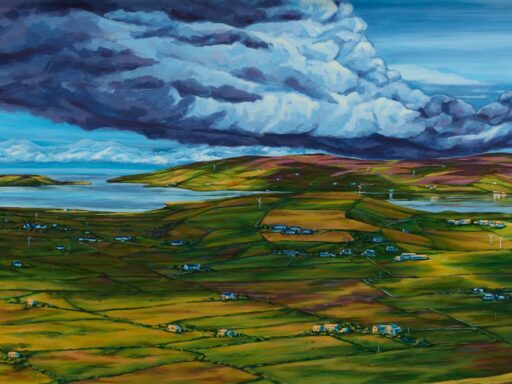
The 2024 Landscape Artist of the Year prize was a commission by the Science Museum Group to capture the story of Orkney’s central role in the UK’s transition to low-carbon, renewable energy.

The 2024 Landscape Artist of the Year prize was a commission by the Science Museum Group to capture the story of Orkney’s central role in the UK’s transition to low-carbon, renewable energy.
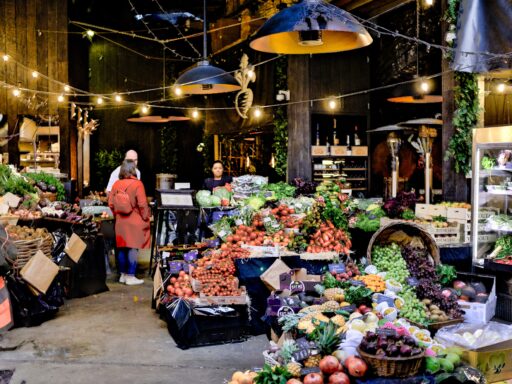
A systematic review and analysis have shown plant-based diets are healthy, complementing research that shows they benefit the planet too. Roger Highfield, Science Director, reports on today’s study.
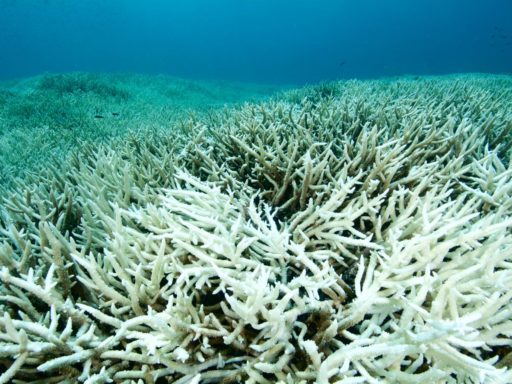
Roger Highfield, Science Director, reports on how the need for urgent action to curb climate change has intensified as the UK’s presidency of COP26 draws to a close.
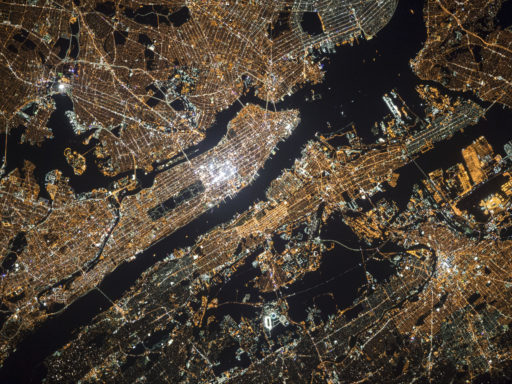
Roger Highfield, Science Director, talks to the inventor of a new way to scrub the atmosphere of the greenhouse gas, carbon dioxide.
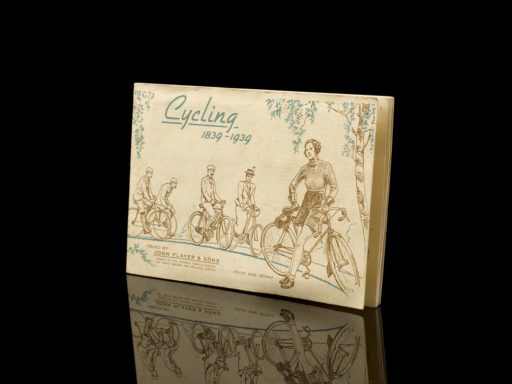
Former curator Liz Bruton explores how bicycles in the Science Museum Group Collection were ordinary, radical and sustainable.
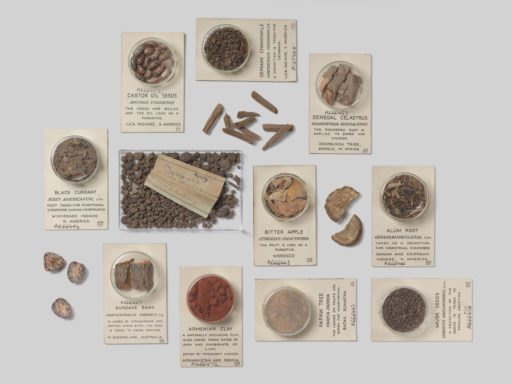
Assistant Curator Katie McNab explores all thing seeds, including a look at the longest experiment, their importance, and what seeds we have in the Science Museum Group Collection.

On Tuesday 19 October, the Science Museum welcomed 180 of the world’s top investors in innovation for a Global Investment Summit hosted by the Prime Minister Boris Johnson.
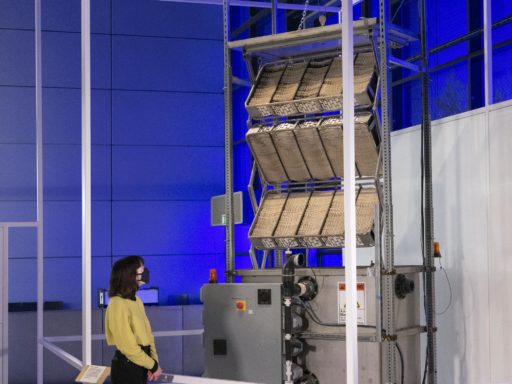
Read on to discover more about our work to make temporary exhibitions more sustainable and reduce our environmental impact.
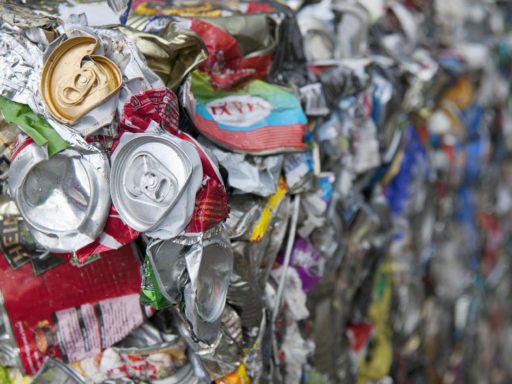
From turning residual waste into electricity, to minimising single-use plastic, here’s how the Science Museum Group is putting sustainability at the heart of operations at our museums and sites.
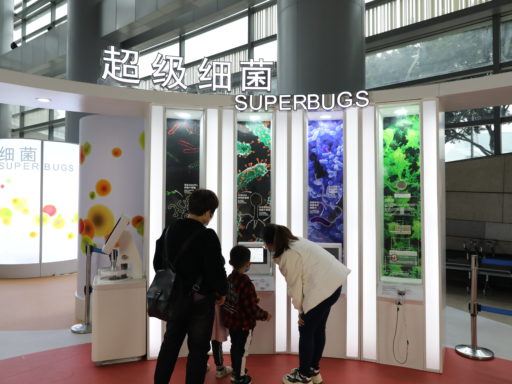
Embedding sustainability in the Science Museum Group’s working practices is not just a priority for the museums and sites, but for the exhibition touring programme too. Here, Emily Cronin, Partnerships Manager (Cultural & Commercial Partnerships) explains more.
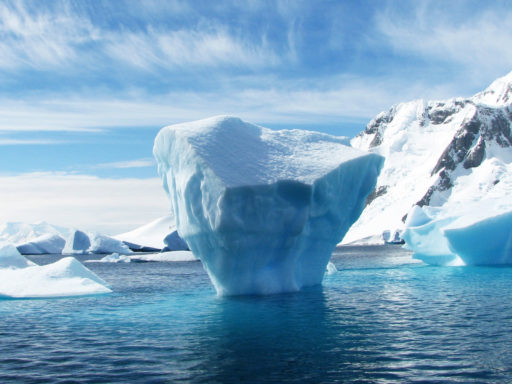
In the first of the Science Museum Group’s global Climate Talks series, Climate Change: Why Should We Care? – broadcaster and mathematician Dr Hannah Fry was joined by the legendary conservationist Dr Jane Goodall, Kenyan climate activist Wanjũhĩ Njoroge, climate advocate Kira Peter-Hansen MEP and scientist Dr Tamsin Edwards to explore how climate change will impact the future of our planet and why we need to act now to deal with the challenges posed by it.